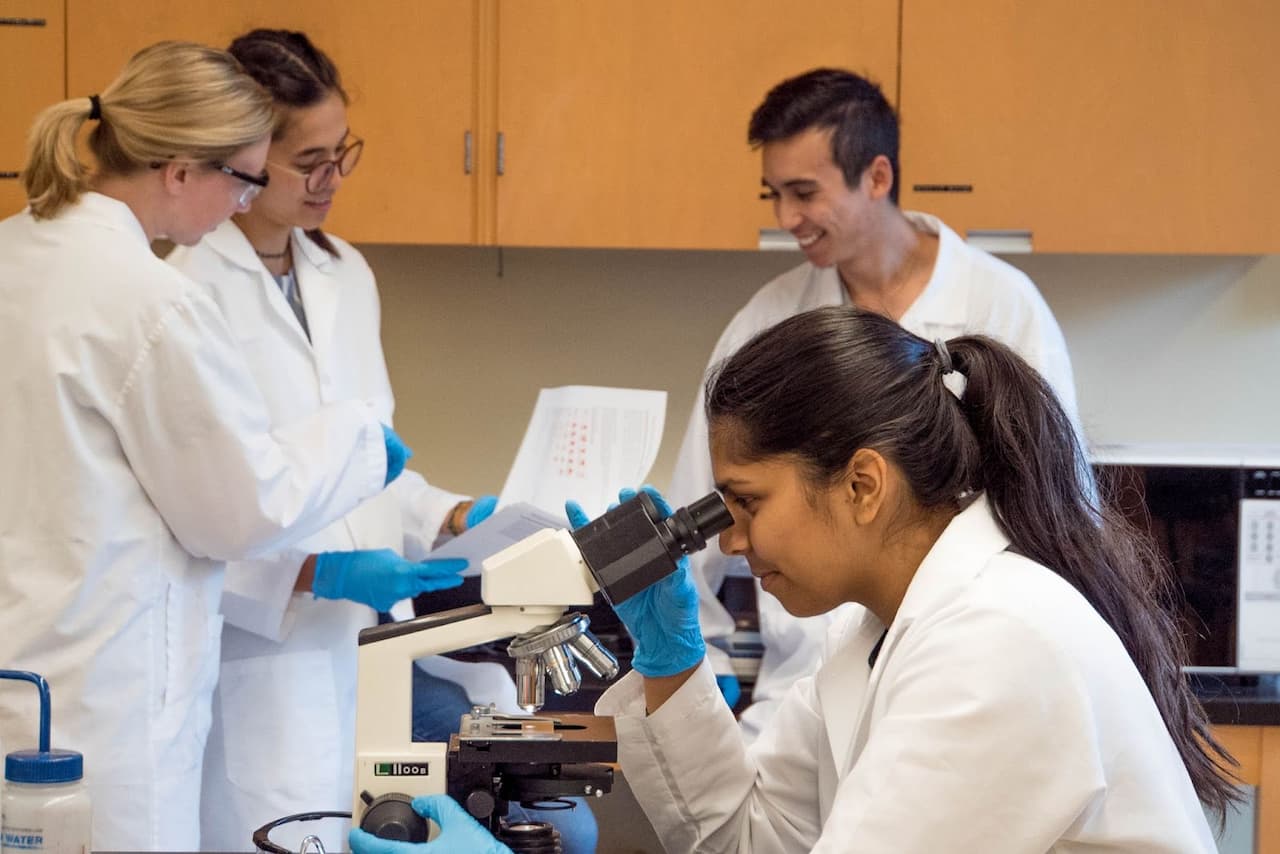What does it mean to be an Ecologist?
An “ecologist” can describe a broad range of subjects. Ecologists can work in many different areas and study various topics. Anything that is connected to ecology falls under their purview. This career could lead to a job in a laboratory, field research, or working with engineers.
Ecologists are concerned with the fundamentals of nature, wildlife, and flora and their interactions with one another in the environment. Their passion is to protect the environment and preserve it. Most ecologists work in laboratories or other areas behind the scenes. They conduct extensive research, collect data, analyze, and create environmental impact studies. In addition, they work closely with companies to develop green technology and processes.
Others study the impact of introducing other animal or plant species on an area. Others work in advisory roles for the government. To be an ecologist, you’ll need a well-written resume. If you need some help writing it, contacte resume editing services, who will do the job for you in no time.
Ecologist Jobs and Job Description – Major Duties
The duties of an ecologist vary greatly depending on the job they are assigned. In addition, ecologists work in many places, so one ecologist’s responsibilities may not apply to another. Nevertheless, these are the most common tasks that an ecologist might be required to perform:
- Environmental Impact Studies can be created. For example, anyone who plans to build or modify buildings will need an environmental impact study. These studies examine how proposed ecological changes could impact the animals and plants that call them home. These studies can also be performed when the population suddenly changes or decreases or when a new species or animal is introduced into an environment.
- Green Practices: Some ecologists work to create more sustainable production methods. They might test new chemicals on plants or try new plastics.
- Offer educational programs – Ecologists can teach workshops at universities and lecture in schools, universities, or community programs about the importance of protecting our environment. Some people who go on to earn a doctorate can even teach full-time.
- You can help restore natural habitats. These areas will be managed by ecologists who develop and implement recovery plans.
- Write Scientific Research Papers. Those who don’t want to work outside may focus their efforts on ecology and wildlife research. These ecologists often apply for grants to study specific species or areas of the earth to learn more about the species. This research may be published in journals or presented at conferences.
- Computer Models: Ecologists who are proficient in computer programming may be able to create models that can predict climate change or show how an area will react to different events.
- Do fieldwork and surveys – Fieldwork is a great way to get out in the fresh air. They will conduct surveys and record information about wildlife, plants, and the surrounding environment. It may include releasing, tagging, and releasing animals or checking on plants regularly. The data may be analyzed by the same ecologist or handed to another person.
- Advise groups on Environmental Issues & Law- Ecologists may consult government officials, CEOs, or other environmental law leaders. They might bring endangered species or species under threat to attention or advocate for protected areas.
- Manage Wildlife Conservation Lands: Ecologists who reach supervisory levels may be assigned to wildlife conservation lands, meadows, woodlands, and other protected areas.
- Witnesses – An ecologist can be called upon to testify in court cases concerning pollution and other environmental issues.
- Budgets for Projects – The ecologist must create and submit budgets in many cases to fund various educational programs and research studies.
Where do Ecologists Work?
There are many duties that ecologists can perform, so there is no one work environment. For example, many ecologists work outside collecting data, tracking animals, and taking samples. In addition, some may work outdoors while analyzing an area for an environmental impact study or while trying to restore an area.
Many ecologists work indoors. This includes those who perform data analysis and research for scientific journals or reports to different organizations. While some may be at work all day, others might meet with the community, state, or national leaders to discuss the ecology and answer questions about nature conservation.
Work Conditions
Ecologists might have to deal with unexpected storms when working outdoors. Most ecologists don’t work outside if there is a chance of severe weather, unlike game wardens or law enforcement officers. Depending on the area they are working in, some may need to work in very cold temperatures, while others might have to work in extremely hot temperatures.
Ecologists might also need to get up close and personal with animals. These animals might be calmed, but some could bite or scratch ecologists. Even ecologists who only study the environment might be surprised to find themselves in an unexpected attack by an animal.
Many ecologists work indoors and may be found on the computer all day. Other people may be involved in meetings. For ecologists who lobby, it is possible for them to have to travel from one office to another while meeting high-profile people.
Most ecologists work a 40-hour week. Many ecologists do not work overtime, on weekends or evenings. Some jobs do include travel.
Qualifications and experience
A bachelor’s degree in ecology is required to become an ecologist. Biology, botany, environmental science, and wildlife conservation are all good options for a foundation in ecology. An ecologist may also need to study statistics, math, computer programming, and chemistry. It all depends on which area of ecology you are interested in.
A master’s degree is required for some ecologists, particularly those who conduct in-depth research and serve as consultants. A doctoral degree is required to teach at universities.
It is unnecessary to have any previous experience to be an ecologist. However, it is beneficial to volunteer at wildlife conservations or similar organizations.
People interested in becoming ecologists have a passion for animals and nature. They might enjoy the outdoors or solving puzzles through trial and error.


